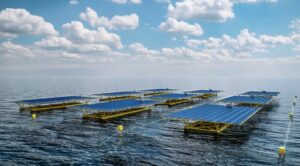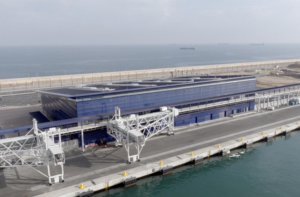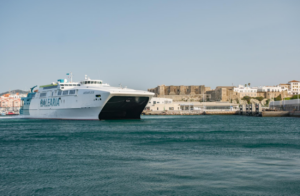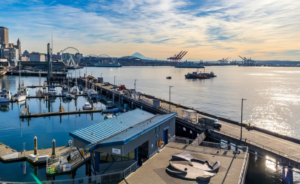Baleària teams up with Global Ports Holding on new passenger terminal in Valencia
Spanish ferry operator Baleària has submitted a bid for the construction and operation of the new passenger terminal in the Port of Valencia, with the support of cruise terminal operator Global Ports Holding (GPH).


Under the long-term agreement between Baleària and GPH, GPH would exclusively manage the operations of the new cruise terminal and Baleària — the number one shipping company in the Port of Valencia in terms of passenger and cargo volumes — would provide its know-how necessary for the development and operation of the facility.
The Smart Terminal project, which will preserve the historic buildings of the former Levante Naval Union, aims to be a benchmark in sustainability by applying “the most efficient technologies with the least environmental impact”.
It will be located between the Poniente Pier and the Espigón del Turia Pier — an area of approximately 100,000 square meters previously occupied by the former Unión Naval de Valencia shipyard. The concession would be granted for a period of 35 years, with the possibility of extension to 50 years.
Green terminal
The new terminal is intended to serve cruise ship traffic, regular lines between the Balearic Islands and Algeria, as well as roll-on/roll-off (RoRo) traffic. The terminal is expected to be able to accommodate two cruise ships on the same day, one in the base port regime and the other one in transit, and two ferry roll-on/roll-off passenger (RoPax) ships.
For this purpose, the terminal will have at least four berths, allowing at least one of them to welcome a 360-metre-long cruise ship and another cruise vessel of at least 250 metres in length.
All berths are required to be equipped with power supply network for ships.
As informed, the terminal would be 100 per cent self-sufficient in electricity generated by renewable energies — photovoltaics, wind, renewable hydrogen and biofuel — and would recycle all the waste generated, representing “a clear commitment to the circular economy”.








